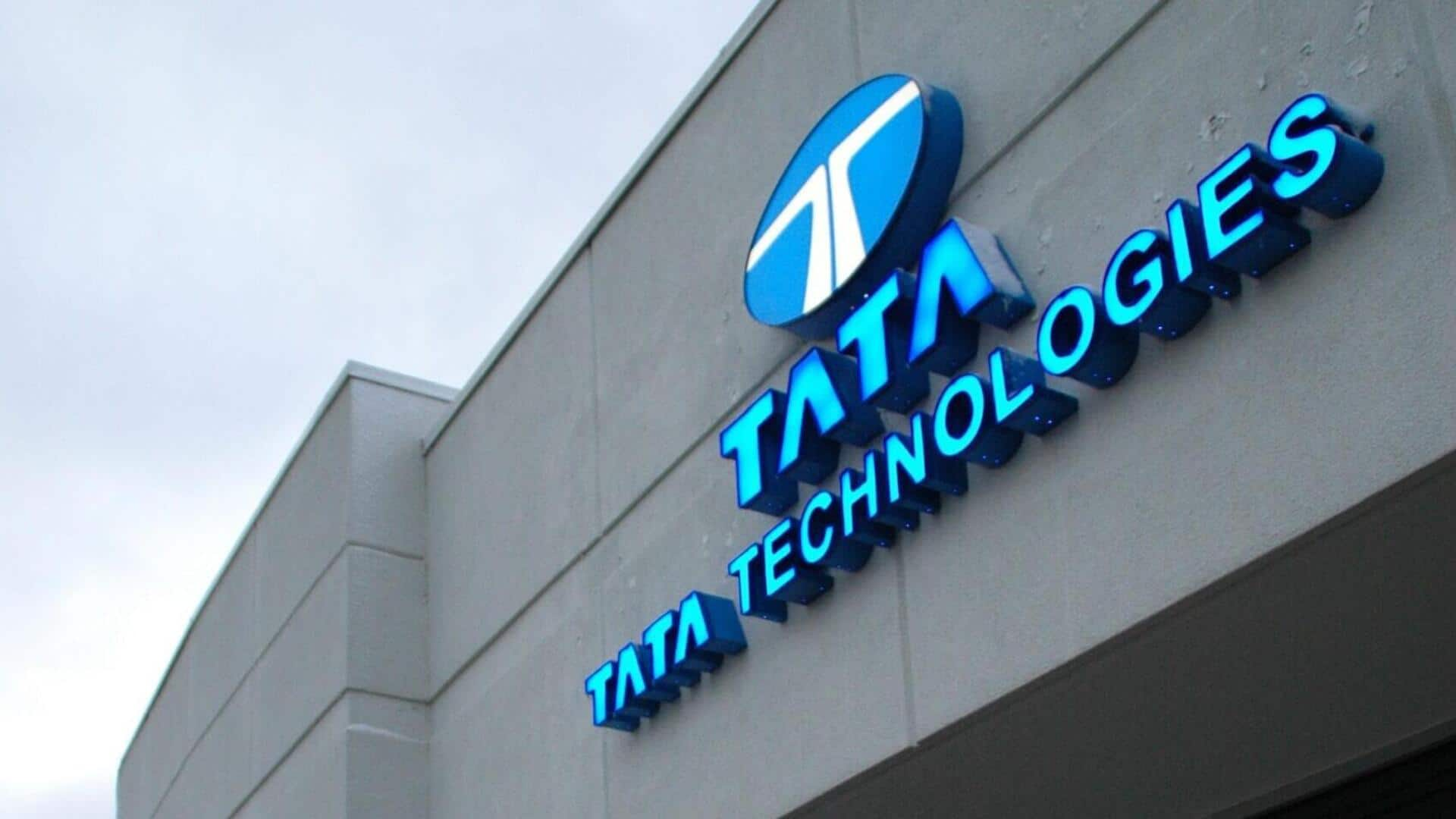
How H-1B visa fee hike has affected Tata Technologies
What's the story
Tata Technologies's CEO Warren Harris has said that the recent hike in US H-1B visa fees will not have any immediate effect on the company. However, he did admit that it would change their future resourcing plans. The company employs 70% local staff in each country, which reduces its exposure to visa issues compared to other Indian competitors.
Global footprint
Staffing strategy and customer relationships
Harris emphasized that Tata Technologies is a global company with a diverse workforce. He said, "We have Americans running our US operation. We have the Chinese team running our China operation." This staffing strategy, where 70% of employees in any country are from that nationality or region, has helped the company build strong relationships with its customers.
Market response
Impact of US tariffs on customer strategies
Harris also spoke about the impact of US tariffs on customer strategies. He said, "At the beginning of the fiscal year, when the tariffs were announced, it prompted many of our customers to revisit their product plans." This includes not just looking at products' viability against tariffs but also reassessing supply chains. Harris added that these strategic resets are now largely in place.
Sector resilience
Aerospace vertical's growth amid challenges
Despite the challenges in the automotive industry and US tariffs, Tata Technologies's aerospace vertical has continued to thrive. Harris said, "We expect another year where our aerospace business will double in size this year." He added that this growth trend has been observed in the second quarter and is expected to continue in Q3 and Q4.